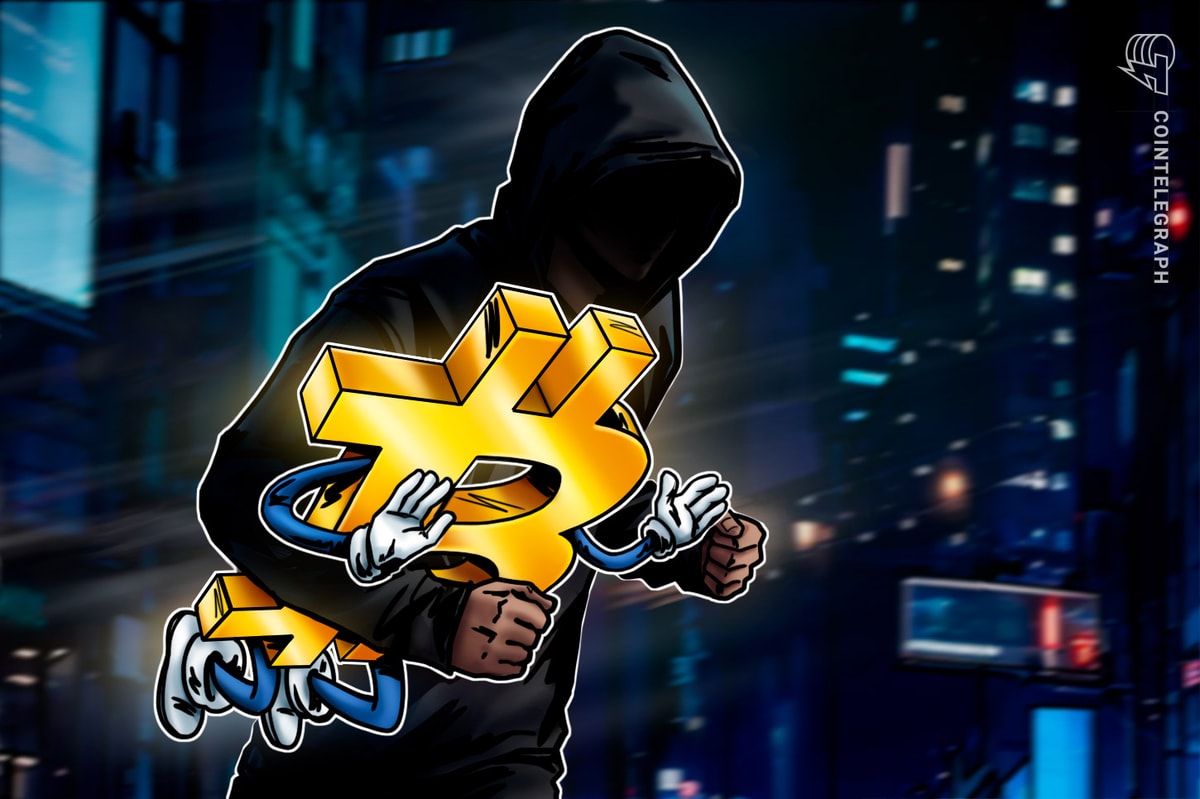Update March 1, 1:15 UTC: This article has been updated to include details of the Nigerian government's demand for compensation.
Cryptocurrency trading platform Binance has removed the Nigerian currency, the naira, from its peer-to-peer (P2P) service as the Nigerian government seeks $10 billion in compensation amid a crackdown on the crypto exchange.
In a BBC interview on March 1, Bayo Onanuga, President Bola Tinubu's special adviser, revealed the update about the compensation demand as part of efforts to stabilize the local currency. Onanuga said Binance would destroy the Nigerian economy if not stopped because it arbitrarily fixes foreign exchange rates.
The P2P feature allows users, buyers and sellers to trade without involving a third party. It became popular in Nigeria in 2021 following the government’s ban on its thriving crypto industry during former President Muhammadu Buhari’s administration.

Due to the rapid decline of the naira and the resulting almost three-decade-high inflation rate of 29.9%, the government turned its focus to platforms providing cryptocurrency services. These websites have become famous for trading and establishing an informal value for the naira.
Crypto users in Nigeria had earlier reported difficulty accessing different crypto exchange websites, including Binance, OctaFX and others. A few days later, Binance set a limit on the selling price of Tether (USDT) tokens on its P2P platform, leaving traders unable to sell USDT above 1,802 naira per USDT.
However, contrary to speculation by the local crypto community, the exchange explained that the price peg was due to an automatic system pause.
Related: Nigerian central bank head criticizes Binance, execs reportedly arrested
Binance is under increased scrutiny in Nigeria as the Central Bank of Nigeria (CBN) expressed concerns about “suspicious flows” of funds through Binance Nigeria in 2023. CBN head Olayemi Cardoso highlighted that $26 billion had passed through Nigeria via Binance in 2023 from unidentified sources and users.
There are also reports that the National Security Adviser’s office has detained two senior Binance officials in Abuja as the nation looks to crack down on cryptocurrency exchanges to tame the speculation about the naira.
Local crypto analysts have expressed disappointment in the government’s unfriendly attitude toward crypto in resolving the nation’s foreign exchange challenge. A Nigerian crypto enthusiast said on X that the nation’s financial problems will persist if it continues antagonizing cryptocurrencies and failing to focus on manufacturing and exporting.
Cointelegraph has contacted Binance for comment.
Magazine: Bitcoin in Senegal: Why is this African country using BTC?









